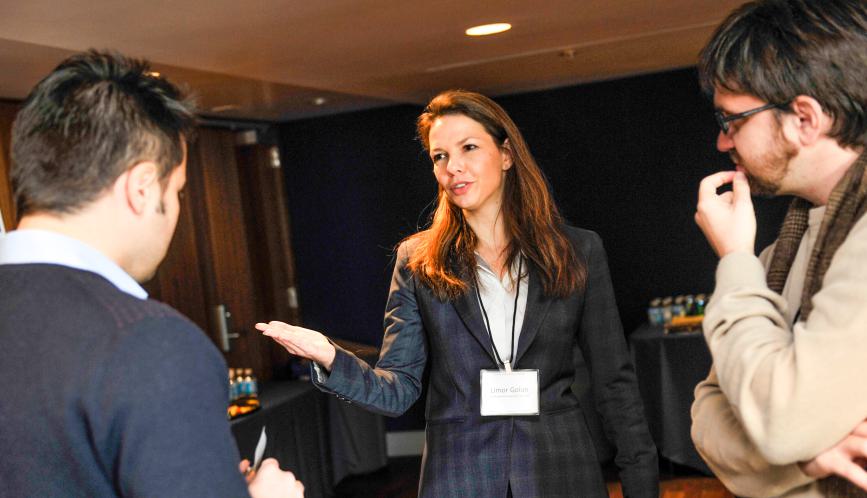Limor Golan is a member of our Markets and Family Inequality networks. She is an Associate Professor in the Department of Economics at Washington University and a Research Officer at the Federal Reserve Bank of St. Louis. Her recent research interests include: discrimination and gender gaps in labor market outcomes; the link between fertility, labor supply, parental time investment in children decisions and the intergenerational persistence in education and earnings; and estimation of dynamic general equilibrium models of labor markets with incomplete information.
Describe your area of study and how it relates to current policy discussions surrounding inequality.
I am studying the impact and determinants of parental investment in children on long-term outcomes of children (joint work with George-Levi Gayle and Mehmet Soytas). First, we are studying the sources of the black-white achievement gaps. In particular, we study the impact of family structure, the marriage market, and the black-white labor market earning gaps on parental time investment and ultimately on child achievement. Second, we study how assortative mating and the earnings structure affect investment of parental time and money in children, as well as how they affect the intergenerational correlation in earnings and mobility.
In general we are seeking to understand the source of intergenerational mobility. This topic is central to recent concerns about the increasing inequality over the last three decades, which makes intergenerational mobility more important. Our research is informative for policies aimed at enabling individuals to escape poverty traps and at allowing for lower-middle-class children to move up in the income distribution.
What areas in the study of inequality are most in need of new research?
Understanding the causal mechanism behind intergenerational mobility. We know that family structure (for example, growing up in a two-parent family), parents’ education, and the number of siblings are important to children’s outcomes. But we don’t understand as well the underlying causes and how the marriage market and racial and gender pay gaps affect choices families make and how they are related to intergenerational mobility.
What advice do you have for emerging scholars in your field?
There is a lot we don’t understand about intergenerational mobility, partly because of data limitations. So, it is important to look for new sources of data. In order to gain deeper understanding of the main causes of inequality and intergenerational mobility, we need to bring together theory and data. This type of work is time consuming. However, if you develop a research agenda and address several questions, you can have a body of work, so it is worthwhile. The network is very supportive of this approach and has been successful in nurturing this type of research, so you should take advantage of it.



